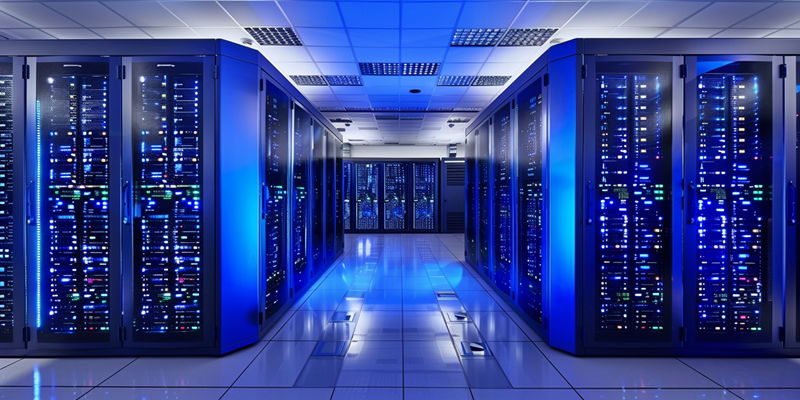Since breaking ground in 2020, Meta, the tech giant formerly known as Facebook, has been significantly bolstering its presence in Gallatin, Tennessee. The latest phase of expansion involves the construction of a capacious 278,000-square-foot facility that will swell the site’s total acreage of data center space to a robust 1.9 million square feet. This sprawling campus, ideally located near the vibrant cityscape of Nashville, is currently operational with two data center buildings and now looks toward an ambitious horizon with two more facilities on the rise. In what can only be described as a symbiotic relationship, Meta’s Gallatin site continues to flourish, fed by the region’s economic vitality and generous incentive programs.
The monumental scale of the investment eclipses the billion-dollar mark, underscoring Meta’s commitment to the thriving Gallatin area. The amplification of data handling capacities is expected to fuel Meta’s global network, providing a robust backbone for its ever-growing array of social media and digital services. The new facility, upon reaching completion, will not only enhance Meta’s operational capabilities but also reinforce Gallatin’s position as a hub of technological prowess.
A Sustainable Footprint and Community Integration
Meta’s commitment to sustainability shines at their Gallatin data center, which fully operates on renewable energy—a reflection of their significant eco-friendly initiatives that also include pioneering waste management techniques, such as recycling drywall with mycelium. Beyond environmental efforts, Meta has made a positive social impact in Gallatin by donating around $1 million to the local schools, reinforcing their influence beyond their tech operations. With substantial tax benefits, Meta is anticipated to be the top property taxpayer in Gallatin, ensuring a steady flow of funds to support the city’s economic goals focused on tax revenue over job creation, considering its low unemployment. This symbiotic relationship spotlights Meta’s role not only as a corporate entity but also as a community benefactor in Gallatin.

